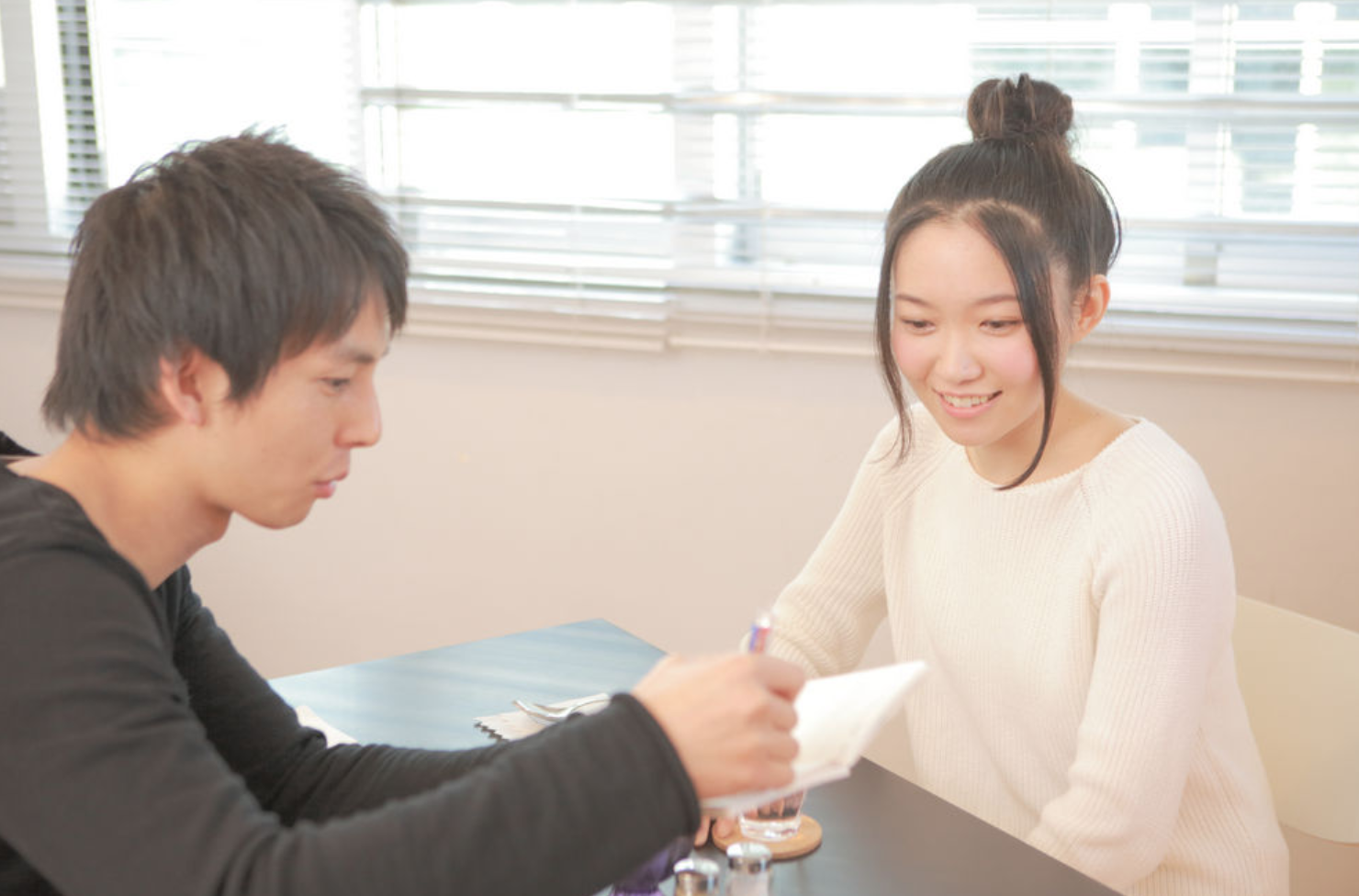
Before you begin tutoring your student, it is important that you build a good relationship with their parents. This will enable both you and the parent to see what the student needs and how you can both assist them in their studies.
By building a good relationship with them, you will find it easier to tutor students all year round. It will also help you learn more about your students, trust one another and keep things easy for both of you.
Here’s how you can get useful feedback from your student’s parents:
Try getting academic, social & emotional feedback
When we meet new students, we mustn’t allow any biases to develop and let it cloud your judgement.
Make it a point to ask the parents of the student about their thoughts about their child’s academic abilities. Parents love talking about their children, especially about their skills and talents. Their response can give you an idea of how you can adjust your sessions to boost the student’s strengths and aid them with their weaknesses.
You will need to remember that getting the feedback of your student’s parents will have emotional influence. Even though they believe their child is great, their emotions may disable them from accurately giving you a clear idea about the child’s capabilities.
If you will be basing your sessions from their feedback, make sure that you spend some time with the child first and make your feedback. You also need to make sure that the feedback that can help the student grow and learn after each session.
If you can, you can also look into the child’s social and emotional behaviour. You can do this by watching them in each session and asking the family.
Learning often flourishes if people have good connections and it will aid you to adjust your lessons to optimize learning. It will also help the families trust your capabilities and prove that your sessions will nurture the child’s skills.

Show parents you value their words and concerns
As tutors, we don’t usually reach out to the parents to ask for help with dealing with their kids. If we do, it is often for lessons or if there is something you need from the child’s school or activities.
When you reach out to them and get their feedback, parents will trust you because you take what they say into account. You also show that their opinions are important.
I like to use positive words, directing the conversation and putting the control into parents’ hands such as “Peter is doing his best in Science and I am sure he will do better if he has more exposure. Like perhaps a weekend trip to the Science Centre?”
You will also give parents a reassurance that you want to get to know everything that they want for their child’s education. They will see that you are working your best to resolve their concerns and you are ready to meet their requirements.
If the child does something wrong, reaching out to these parents will show that you are ready to work with them to teach the child discipline. You are also showing that you are ready to cooperate with them to reach your goals for the child.
What I like to do is to frame the problem and provide an immediate solution as well as a long term solution that parents can work with.
Open dialogue and keep it honest
When you reach out to parents, create an environment where they will be ok to speak out about their ideas and let them know any feedback is helpful.
Even if they have negative feedback about their child’s academic performance or your sessions, let them know you don’t mind. You must also reassure them that their feedback will be taken into consideration in the next session.
If the feedback is negative, stay calm and let these parents speak first. Once they are done, keep your response calm and show them evidence to counter their feedback if necessary.
I like to write down the points as the parent feedback to me so I can revisit those points as I address them, one by one with my concerns and questions.
Stay positive
Negative feedback can be hurtful, especially if it gets too personal.
As a tutor, you need to learn how to take in any kind of feedback and use it to improve yourself and your classes. Negative feedback does have some truth in it. You just have to dissect it to find out.
When you do get negative feedback, don’t react defensively and let the parents explain their feedback. These parents are only telling you what they see and they are not starting a fight against you. They only want you to correct the bad things they see and get the best for their kids.
Take some time to look into each feedback. I like to take at least half an hour to self-reflect after each lesson.
Was it developed because of an incident? Did other parents share the same feedback towards your sessions? Are they only saying negative feedback out of spite? How can you improve yourself and your classes using the feedback you received?
Develop a plan of action
Once you sort out the feedback, ask yourself about the way you will use the feedback. Will you leave it and continue with what you are doing? Or will you change to improve your sessions?
If you plan to act on the feedback, create a timeline on how you can achieve your goals. List down short term actions that you can take immediately and easily.
Don’t forget the long term solutions that allow you to improve permanently.

Let the parents know about your plans
When you have your timeline with you, discuss it with the parent.
Let them know why you will enforce these changes, discuss how it will help and talk to them about the ways they can help. You can provide them with your timeline in an email or a letter.
Do note down any suggestions put forth by the parents and be prepared to receive them with an open mind.
Conclusion
Even if you believe that you have got what it takes to be a tutor, there will be flaws and gaps to your approach that you may not have noticed that may cause concerns.
A parent’s feedback can help you find out about these gaps and open the doors for better cooperation. You and your student’s parents are working towards one goal: ensuring that students get the best education possible. With their feedback, you can prevent any mishaps from happening in your tutoring since you now have an idea about their child’s skills.
So, when you meet your student’s parents for the first time or interact with them after each session, don’t be afraid to ask for their feedback. If you don’t, your tutoring lessons will not work well and the student will suffer from it.
For more articles on how to become a better tutor, here are some you can’t miss:
8 Amazing Books to Help You Get Started as a Tutor
Amazing Productivity Apps for Tutors That Will Keep You Organized
